 As I mentioned here, in 2019 the Anglican Journal abandoned all pretence at editorial independence.
As I mentioned here, in 2019 the Anglican Journal abandoned all pretence at editorial independence.
I am not convinced it would have made much of a difference to the muddle the ACoC hierarchy has made of dealing with charges of sexual misconduct made against ACoC clergy, but there remains no doubt at this point that the Journal, its policies and its articles are in the firm grip of the Anglican Church of Canada.
The names of the complainants were extracted under protest by the ACoC from Journal staff who were made aware of them on the understanding that they would remain confidential. The promise of confidentiality was broken by Alan Perry, general secretary of General Synod.
To his credit, the Journal editor resigned over this breach of trust. Alan Perry did not, even though some are urging him to do so.
As in so many of these grubby affairs, hand-wringing and wordy (how these priests like to prattle) apologies abound but the only real consequences are those suffered by the innocent parties: the victims, the Journal editor (Matthew Townsend) and a staff writer (Joelle Kidd).
If this were a secular organisation – sorry, I misspoke, it is, of course – heads would roll. Heads close to or at the top.
There is more in this article from the Journal and a great deal of detailed information on the ACCToo website:
In a footnote to their open letter posted this February, #ACCtoo organizers Michael Buttrey and Carolyn Mackie blame the Anglican Journal governance policy General Synod adopted in 2019 for enabling the alleged breach of confidentiality and privacy for which the letter calls the church to account.
“We believe this abuse of power was enabled by a motion adopted at the 2019 General Synod meeting in Vancouver that changed the mandate, oversight, and reporting structure of the AJ,” the footnote reads.
The subject of their open letter is the sharing in spring 2021, by senior church management, of a draft article intended for Anglican Journal sister publication Epiphanies containing allegations by anonymous sources of sexual misconduct in the church, with four institutions related to these allegations. By the time this article was being written, #ACCtoo’s open letter, which calls for the Anglican Church of Canada to apologize, make amends with the survivors and require the resignation of Archdeacon Alan Perry, general secretary of General Synod, had attracted the attention of several news outlets. But very little of the media coverage had dealt with the governance issues the letter raised—the policies that govern the Anglican Journal.
Like this:
Like Loading...
The office of General Synod may move out of its current office in Toronto into space owned by the United Church of Canada, the Anglican Journal has learned.


 Some years ago I attended what was supposed to be an ecclesiastical pep talk by the then primate, Fred Hiltz. As I listened to him with drooping eyelids, it occurred to me that his delivery, reminiscent of
Some years ago I attended what was supposed to be an ecclesiastical pep talk by the then primate, Fred Hiltz. As I listened to him with drooping eyelids, it occurred to me that his delivery, reminiscent of 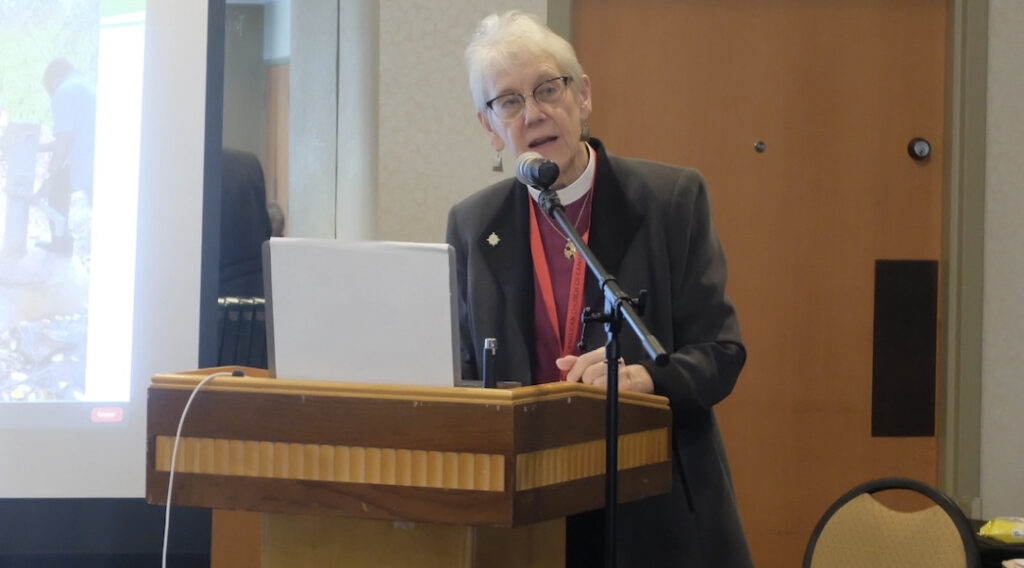 The church may soon have a new commission tasked with finding potentially “radical solutions” to the demographic and financial challenges that now face it, according to a proposal introduced by Archbishop Linda Nicholls, primate of the Anglican Church of Canada, in her opening statement to the Council of General Synod (CoGS) March 2.
The church may soon have a new commission tasked with finding potentially “radical solutions” to the demographic and financial challenges that now face it, according to a proposal introduced by Archbishop Linda Nicholls, primate of the Anglican Church of Canada, in her opening statement to the Council of General Synod (CoGS) March 2.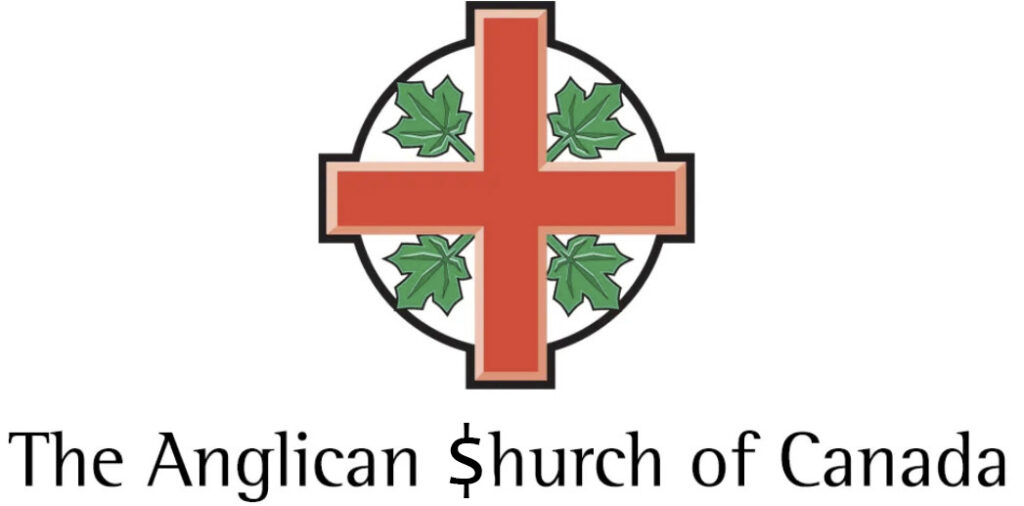
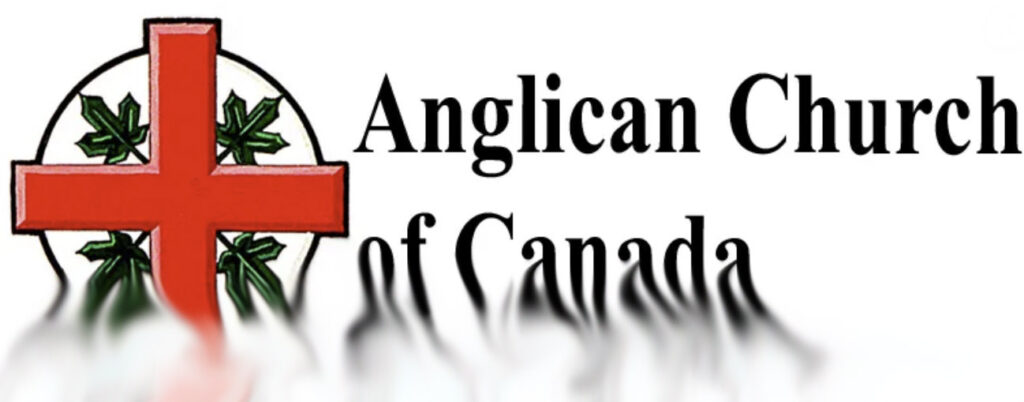 In 2019, the church’s statistics and research officer, Canon Neil Elliot,
In 2019, the church’s statistics and research officer, Canon Neil Elliot, 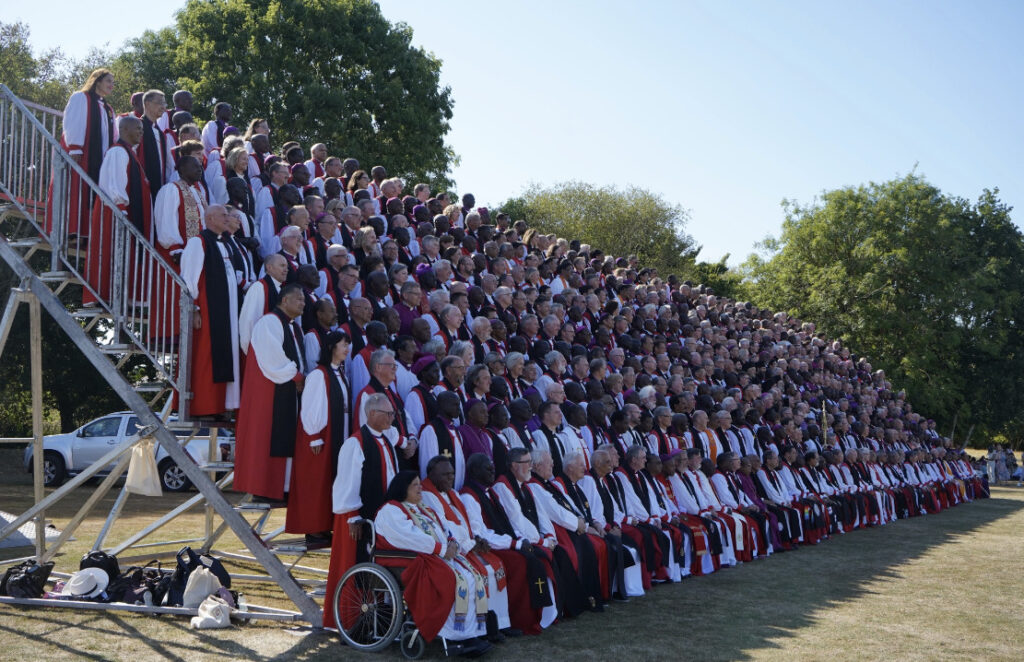 The Anglican churches in Nigeria, Uganda and Rwanda have effectively separated from the Anglican Communion by refusing to participate in the Lambeth Conference, says Archbishop Linda Nicholls, primate of the Anglican Church of Canada.
The Anglican churches in Nigeria, Uganda and Rwanda have effectively separated from the Anglican Communion by refusing to participate in the Lambeth Conference, says Archbishop Linda Nicholls, primate of the Anglican Church of Canada.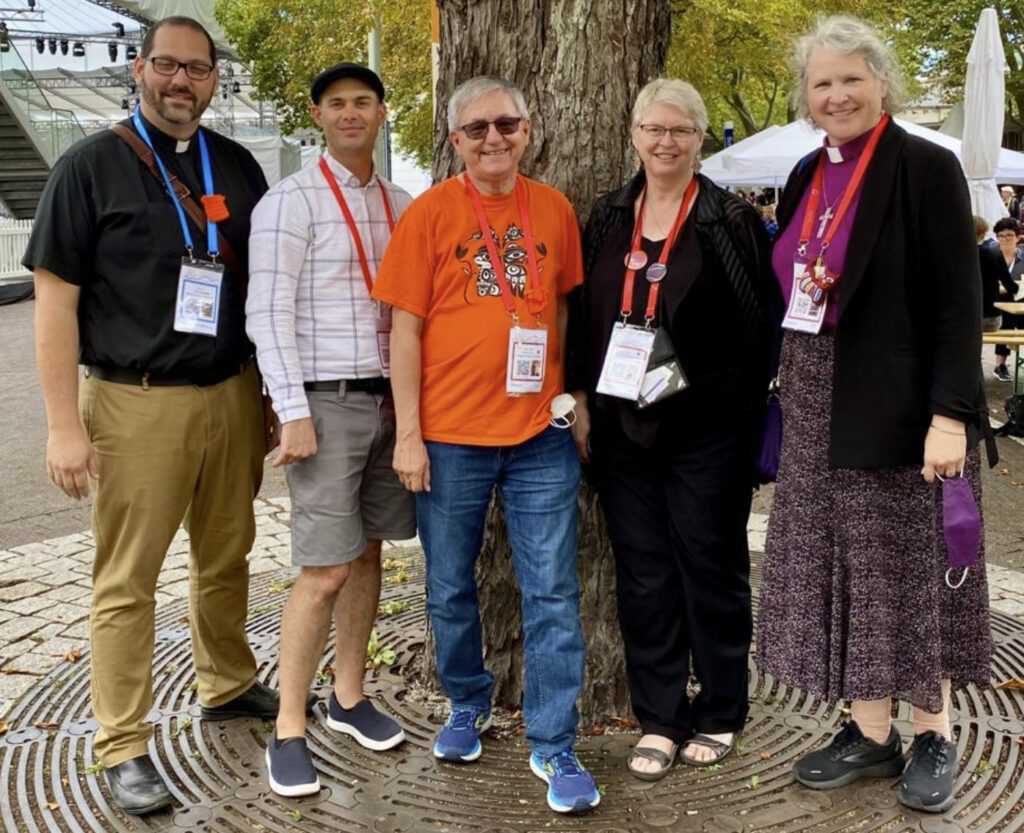 Climate change tops agenda at WCC Assembly, say Canadian delegates
Climate change tops agenda at WCC Assembly, say Canadian delegates The Anglican Church of Canada should continue to focus on providing pastoral care to people who are considering medical assistance in dying (MAID), not on opposing the law, says Archbishop Linda Nicholls, primate of the Anglican Church of Canada.
The Anglican Church of Canada should continue to focus on providing pastoral care to people who are considering medical assistance in dying (MAID), not on opposing the law, says Archbishop Linda Nicholls, primate of the Anglican Church of Canada.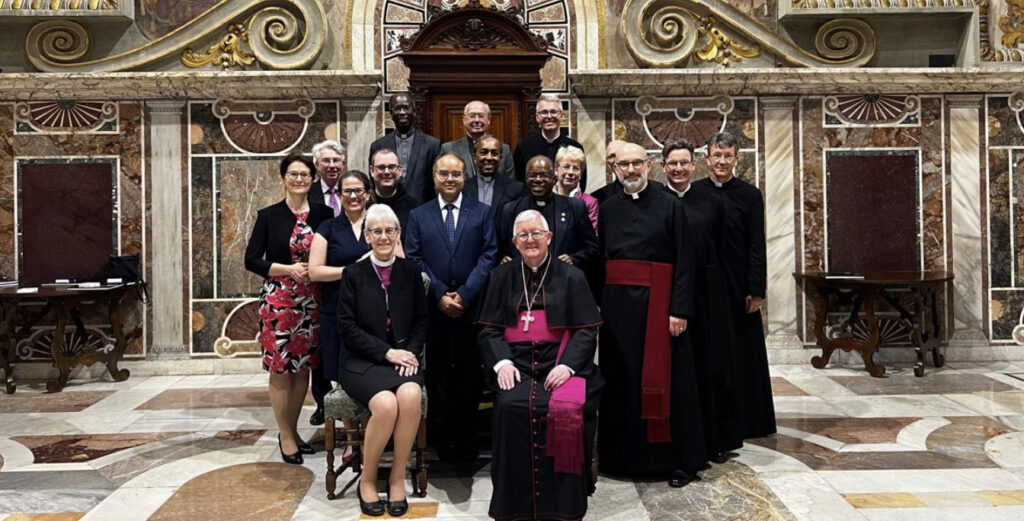 Anglicans have an indispensable role to play as Roman Catholics start a two-year conversation on how to become a more “synodal” church, Pope Francis said at his first meeting with Archbishop Linda Nicholls, primate of the Anglican Church of Canada.
Anglicans have an indispensable role to play as Roman Catholics start a two-year conversation on how to become a more “synodal” church, Pope Francis said at his first meeting with Archbishop Linda Nicholls, primate of the Anglican Church of Canada. As I mentioned
As I mentioned